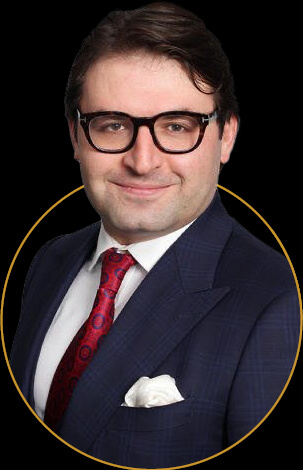COVID pandemic patient mobility restrictions previously led to lower blood plasma donations and higher collection costs.
CSL Limited (CSL, the Group, ASX: CSL) is a global biotechnology business that provides lifesaving products to patients in 100 countries and employs 32,000 people. Originally known as Commonwealth Serum Laboratories, CSL was established in 1916 by the Commonwealth Government to manufacture vaccines like insulin and penicillin and vaccines against influenza, polio, and other infectious diseases. These vaccines were necessary to service Australia’s health needs when the nation was isolated from the rest of the world during the first World War. In June 1994, under a Keating-led government, CSL was publicly floated on the ASX at $2.30 per share.
CSL has three business units – CSL Behring, CSL Seqirus and CSL Vifor. CSL Behring, CSL’s blood plasma unit, develops and delivers therapies for people living with conditions in the immunology, hematology, cardiovascular, respiratory and transplant therapeutic areas. CSL Seqirus is one of the largest influenza vaccine providers in the world. CSL Vifor focuses on the treatment areas of iron deficiency, dialysis, nephrology and heart failure, kidney disease, gastroenterology, and patient blood.
Blood plasma unit to drive earnings growth
CSL’s primary earnings driver, CSL Behring, is lifting earnings and margins as the blood plasma unit fully recovers from higher plasma collection costs and lower volumes arising from COVID related constraints. The COVID pandemic restricted patient mobility which led to a reduced number of blood plasma donations.
Plasma products are used to treat immunodeficiencies, burns, blood clotting disorders, and to stop bleeding in emergencies or planned surgeries. CSL’s blood plasma products and therapies are available to people in more than 100 countries. CSL Behring accounts for more than 60 percent of CSL’s earnings and has consistently lifted revenue by an average of 9 percent per annum over the past 25 years. The return to normal operating conditions post-COVID is supporting higher blood plasma donation volumes and collection cost optimisation for this core operating activity.
Another consistent earnings driver is CSL’s influenza vaccine provider, CSL Seqiris, which is the second largest vaccine manufacturer in the world. This business unit also focuses on the treatment of iron deficiency, dialysis, nephrology, heart failure, and kidney disease. CSL Seqiris contributes around 25 percent of CSL’s earnings.
CSL Vifor, although accounting for less than 15 percent of earnings, is likely to grow given its product suite services the needs of an ageing population with an increasing incidence of chronic kidney disease, diabetes and heart disease.
CSL is a long-term investment
CSL’s long-term earnings growth is driven by a pipeline of new therapies and blood products, originating from its annual investment in Research and Development of US$1.1 billion. R and D of this amount solidifies CSL’s position as a market leader in health product innovation. The Group has a demonstrated history of commercialising research through the successful launch of break-through products that drive revenue and earnings growth for decades.
Earnings from healthcare providers are stable through the economic cycle and particularly in the case of CSL, are buttressed by high barriers to entry. For example, CSL collects blood plasma from 342 strategically located collection centres around the world, all of which are subject to tight global regulation.
The Group’s earnings before interest and tax cover annual interest expense 8.5 times, and most of CSL’s trade receivables are government-owned hospitals, which limits credit risk. This explains CSL’s strong A- credit rating, which is equivalent to the credit quality of a strong tier 2 banking institution in Australia.
Shareholders can anticipate increasing global demand for CSL’s expanding product portfolio which is likely to deliver double-digit earnings growth at least over the medium-term. This anticipated earnings growth implies steady share price appreciation in the decade ahead.

Michael Kodari is a globally recognised investor, philanthropist, and leading financial markets expert, renowned for his exceptional performance. With a strong foundation in financial markets, Michael has advised leading financial institutions and governments.
Chifley Tower, 2 Chifley Square,
Sydney NSW 2000
1300 854 151
© 2025 KOSEC | Kodari Securities Pty Ltd | ABN 90 147 963 755 | FSG | Terms & Conditions | Disclaimer & Legal
© 2025 KOSEC | Kodari Securities Pty Ltd
ABN 90 147 963 755
KOSEC - Kodari Securities does not provide any investment advice, nor is anything mentioned an offer to sell, or a solicitation of an offer to buy any security or other instrument. Anything discussed is for informational purposes only and does not address the circumstances or needs of any particular individual or entity. Investing in the stock market is high risk. Under no circumstances should investments be based solely on the information provided. We do not guarantee the security or completeness of information on this website and are not held liable. Kodari Securities PTY Ltd trading as KOSEC is a corporate authorized representative (AFSL no.246638) which is regulated by the Australian securities and investment commission (ASIC).